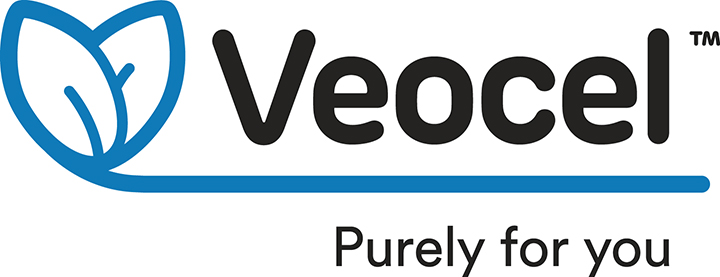Approaches to Responsible Sourcing
As a leader in wood-based cellulosic fibers, Lenzing has a particular responsibility and ambition to help raise the bar for sustainability in nonwovens industry.
Wood and dissolving wood pulp are the most important raw materials for Lenzing and there are potential risks associated with their sourcing, such as deforestation, climate changes and biodiversity loss. This is why Lenzing only procures wood from sustainable managed forests. More than 99% of the company’s wood and pulp sourcing is certified by globally recognized standards, such as the Forest Stewardship Council (FSC®) and the Programme for the Endorsement of Forest Certification (PEFC).
Lenzing proudly wears a “dark green shirt” in Canopy’s Hot Button Ranking, signifying its exemplary performance in responsible sourcing. Furthermore, the company has achieved an “A” rating from CDP Forests, reflecting its dedication to forest conservation efforts. Additionally, the Lenzing Group has been awarded EcoVadis Platinum status for the second consecutive time, highlighting its outstanding sustainability practices and leadership in the industry.
Trends and Applications
Driven by the Single-Use Plastics Directive within the European Union, there’s a noticeable surge in demand for nonwoven materials engineered to be biodegradable and compostable, reflecting a growing preference for sustainable alternatives that mitigate the ecological impact of traditional single-use plastics. Cellulosic fibers such as VEOCEL™ fibers derived from the natural raw material wood, offer a biodegradable alternative to plastics, helping to reduce the impact of lost materials on ecosystems, water and soil compared to plastics, which have not been disposed correctly. We also see a similar trend of switching from synthetics to cellulosic fibers as there is an increased understanding of ‘leakage,’ wear of synthetic products and as such releasing micro plastics into the environment, e.g. glaciers or even into food and beverages in case of some filtration applications.

Sustainable Sourcing Strategies
When considering sustainable sourcing solutions in their company offerings, organizations should begin by prioritizing transparency and traceability throughout the supply chain. This ensures the verification of sustainability credentials for both raw materials and suppliers.
Additionally, it’s crucial to evaluate the environmental impact of sourcing decisions, taking into account factors like carbon footprint, water usage, and waste management. Seeking certifications and standards, such as FSC, OEKO-TEX®, and ISO 14001, further validates the sustainability and ethical practices of suppliers and products. Moreover, investing in research and development enables the exploration of innovative materials and production processes that align closely with sustainable sourcing goals.
By integrating these considerations into their sourcing strategies, companies can contribute to a more sustainable and resilient nonwovens industry while meeting the evolving needs of customers and stakeholders.



